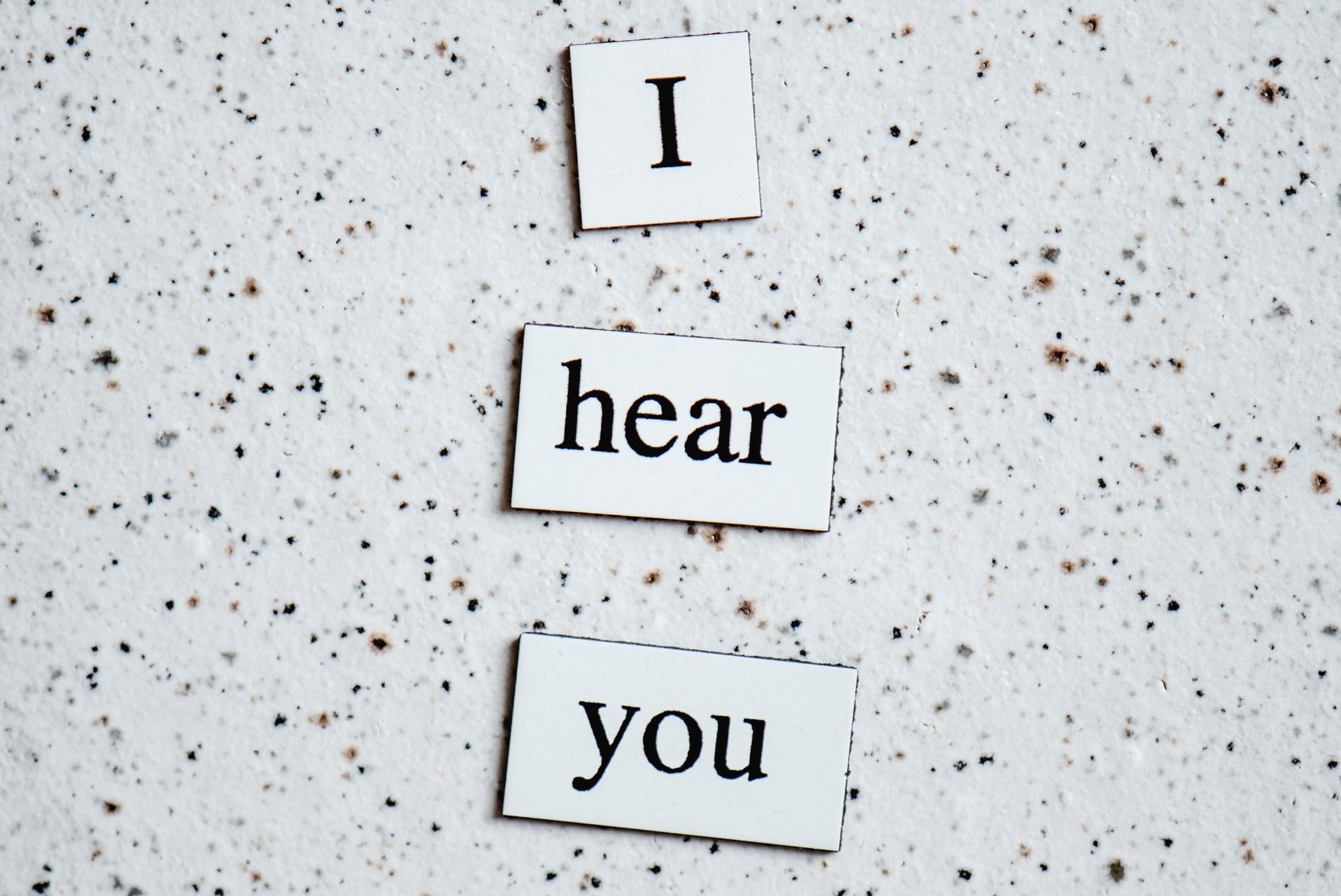
Hearing loss is a common issue, but it comes in many forms and levels of severity.
You should be aware of a few different types of hearing loss — one of which is high-frequency hearing loss. If you have this type of hearing loss, you will find high-pitched sounds harder to hear.
Like other types of hearing loss, high-frequency hearing loss happens when tiny hair-like hearing cells (stereocilia) in your inner ear (the cochlea) suffer irreversible damage. As our ears task these inner hair cells with translating sounds into electrical impulses for your brain to interpret as sound, this can be detrimental to an individual’s fully functional hearing.
Contents
What Causes High-Frequency Hearing Loss?
Although high-frequency hearing loss is common amongst older people with age-related hearing loss, it can affect individuals regardless of age.
High-frequency hearing loss occurs for a variety of reasons, from long-known causes such as exposure to loud noise to other causes like diabetes that are still being researched.
Aging
Aging is at the root of many people’s hearing issues. This is unfortunate yet understandable — as you get older, the chances of you experiencing age-related hearing loss (presbycusis) increases. Though common, this form of hearing loss develops over a long period of time, so can be difficult to notice at first. Both of your ears are usually equally affected, making it worse.
Genetics
This leads to our next risk factor — genetics. If you have relatives that developed high-frequency hearing loss (for no obvious reason), you may have a genetic predisposition to develop the condition. It might develop as you get older, so ask your family if there are any cases you should know about.
Loud noise
If you’re exposed to loud sounds you’re also prone to developing this condition. Noise-induced hearing loss affects millions of Americans as exposure to loud noise is common and often unavoidable. You can be affected by a one-off exposure to extremely loud noise such as an explosion, or you can develop hearing loss over a long period if you have constant exposure to noise louder than 85 dBA. If you work in a noisy environment, for example, as a builder or touring musician, you are more likely to be affected.
Drugs
Your hearing health can also be impacted by certain medications. Ototoxic drugs such as aminoglycoside antibiotics, salicylates such as aspirin (in large quantities), and drugs used in chemotherapy can potentially cause damage to your hearing health.
Disease and Illness
Importantly, some diseases, if left untreated, can lead to hearing loss. Meniere’s disease of the inner ear can cause fluctuating hearing loss, tinnitus, and vertigo. Severe cases can even lead to low-frequency hearing loss. In children, untreated chronic otitis media (known as a middle ear infection) has been associated with hearing loss, as has diabetes (due to damage caused to nerves and blood vessels).
What are the Symptoms of High-Frequency Hearing Loss?
If you’re struggling to hear high-frequency sounds, this will be apparent to you in a few different ways.
When we’re talking about high-frequency hearing loss, we’re talking about a difficulty to hear high-pitched sounds. As a result, noises that are higher in pitch such as women’s and children’s voices will naturally be harder to hear if you have this type of hearing loss.
You sound some consonants (f, h, and s) out at a higher pitch to other letters. These are referred to as high-frequency sounds and range from 1,500 to 6,000 Hertz. If you’re struggling with high-frequency hearing loss, you might notice that when you’re listening to others speak you struggle to make out these letters. What’s happening here might be apparent to you, but it might just seem like your friends are muffling. This will almost definitely be the case when you use the telephone, as they already make voices sound quite distorted.
Speech may also sound muffled if you’re watching television or trying to hold a conversation in a noisy environment, which can be frustrating. You might even notice the absence of background noises that you normally hear around your home or place of work such as birds tweeting outside the window, or the beep of trucks reversing.
These symptoms certainly explain why people with high-frequency hearing loss often report feeling like they can hear but not understand others. If you think of high-frequency hearing loss as selectively inhibiting your hearing of certain sounds, you can understand why it is a confusing condition for the sufferer, especially in the beginning and before any diagnosis when you aren’t quite sure what’s going on.
How do you Treat High-Frequency Hearing Loss?
The bad news is that high-frequency hearing loss is (usually) irreversible. However, hearing aids can massively reduce your symptoms. They can take some time to get used to, but many people report a dramatic improvement to their quality of life.
Hearing aids can help high-frequency hearing loss by taking the higher frequency sounds and lowering them to a more easily audible frequency. This can be done by frequency transposition or nonlinear frequency compression. They also have abilities to adjust amplification levels based on each sound frequency, which can also help with high-frequency hearing loss.
There are even hearing aids specially designed for high-frequency hearing loss such as the open fit receiver in the ear (RITE) that has a dome that sits in the ear canal, known for avoiding the muffling of the low-frequency sounds you’re still able to hear. RITE and most other hearing aids can be programmed to amplify the specific frequencies you find difficult to catch.
Although many people find them more aesthetically pleasing than standard devices, hearing aids such as the ‘invisible-in-the-canal’ or ‘completely in the canal’ hearing aids actually block low-frequency sounds, so aren’t the best option if you suffer from high-frequency hearing loss.
Getting your hearing aid fitted correctly is very important, as different fittings will be better for different people. To get the maximum benefit out of your hearing aid make sure you see a specialist.
As with anything, the key to effectively managing your symptoms is early diagnosis. If you’re struggling with your hearing and think you might be experiencing hearing loss, talk to your practitioner as soon as possible. Untreated hearing loss can lead to other health conditions down the line such as balance issues and dementia.
A simple hearing test will be able to tell you what kind of hearing loss you have, the level of severity (mild, moderate, moderately severe, severe or profound), and will highlight the best course of treatment for you.
About Olive Union
To find out more information about hearing loss, discover our other blog articles.
If you don’t have hearing loss, but are looking to enhance your experience of background sounds, consider a Personal Sound Amplification Product (PSAP) such as the Olive Smart Ear. Our CES Innovation award-winning personalized hearing earbud offers unrivaled sound amplification to provide you with a great listening experience.
The information in this guide has been written using the following reliable sources:
https://www.healthyhearing.com/report/52448-Understanding-high-frequency-hearing-loss
https://www.hiddenhearing.co.uk/hearing-information/hearing-loss/low-frequency-hearing-loss
https://www.verywellhealth.com/high-frequency-hearing-loss-1048448
https://www.nejm.org/doi/10.1056/NEJMra1616601








